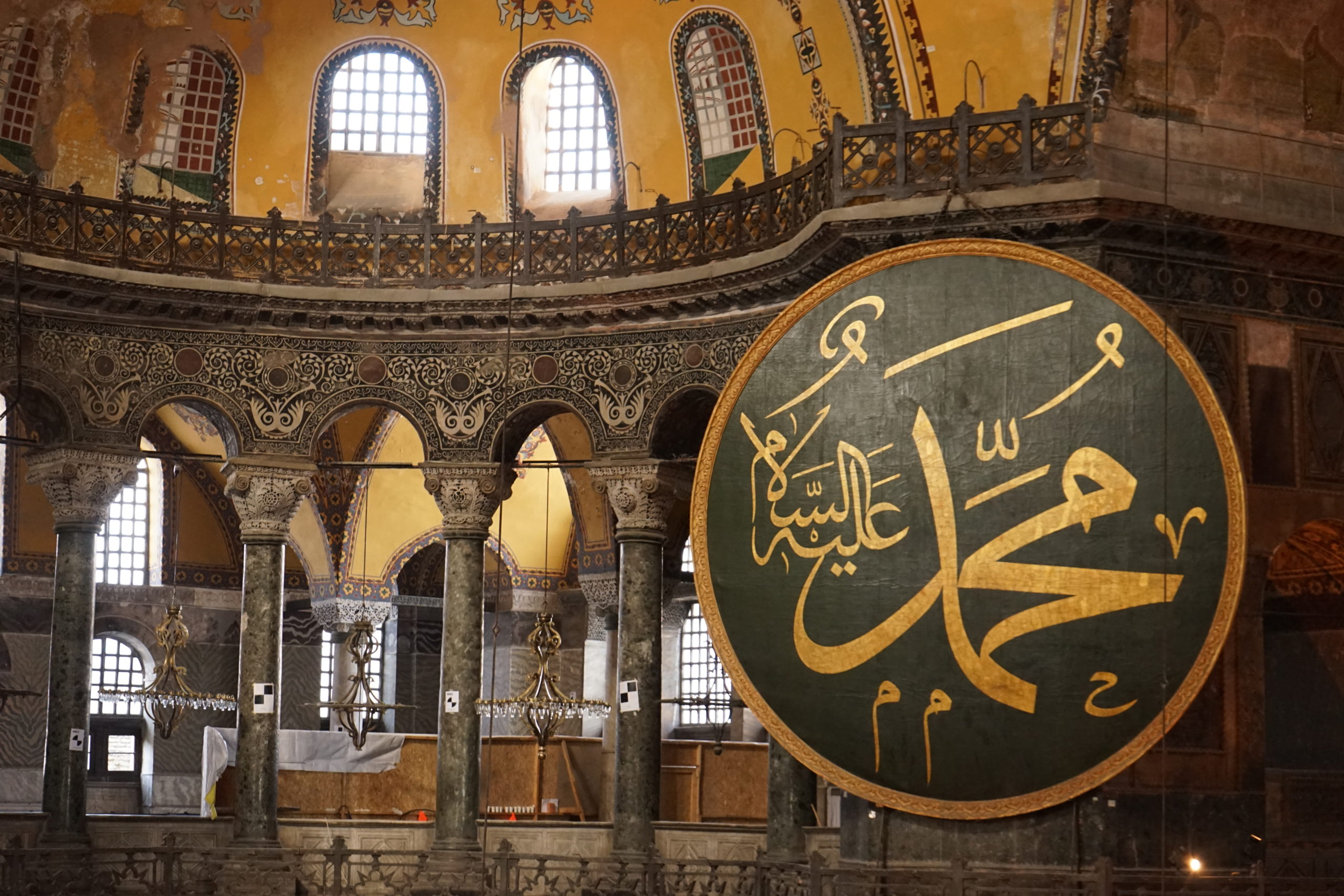
Prophet Muhammad ﷺ
In these courses Dr. Waleadreviews the perfected character of the Prophet (ﷺ) and, through Imam at-Tirmidhi’s Al-Shama’il al-Muhammadiyya, his physical appearance, mannerisms and way of being. In these lectures, we are invited to increase our love for him (ﷺ).
Prophetic Ethics
In this series, Dr. Walead presents Book 20 of the Revival of the Islamic Sciences (Iḥyā′ ‘Ulūm al-Dīn), on Prophetic Ethics, by Imam al-Ghazali. In these lectures we are reminded of the embodiment and exemplification of perfected character by the Prophet Muhammad (ﷺ) and that outward comportment is a reflection of inward comportment. Note that this series is currently unfinished and may resume in the future.
Fall 2020
4 Sessions
See episodes
-

Session 1 - Prophetic Ethics - Dr. Walead Mosaad
An introduction by Dr. Walead Mosaad of Book Twenty of the Revival of the Islamic Sciences (Ihyā’ ‘ulūm ad-dīn) by Imam Ghazali on Prophetic Ethics, and the English translation "The Prophet Ethics and the Courtesies of Living" by Dr. Adi Setia. This includes a brief overview of the Ihyā’, its sections and its purpose in reviving both the outer and inner dimensions of worship.
We are reminded of the embodiment and exemplification of perfected character by the Prophet Muhammad, perfect peace and blessings be upon him, and the difference between the seerah, the chronological series of the Prophet's life events, and the shamā’il, the prophetic characteristics, which are the topic of this book.
In this class, Dr. Mosaad begins with the introduction of Book Twenty, which states the importance of studying the shama’il, and the fact that outward comportment is a reflection of inward comportment. -

Session 2 - Prophetic Ethics - Dr. Walead Mosaad
In session two of the Prophetic Ethics course, Dr. Walead Mosaad discusses the historic overlap between theology and philosophy, and the centrality of understanding ontology (the nature of being), epistemology (the ways and sources of knowing) and ethics (how to live and what the right thing to do is) in order to move forward and understand who we are, the world around us and how to live.
Continuing with the introduction of the book (see title below), the relationship between outer and inner comportment is emphasized, noting that we live in an age of crumbling adab or ethical comportment.
The Prophet’s noble etiquettes and ethical comportment bear witness to his being the noblest of the creation of God Most High, the most elevated in rank and the most magnificent in stature. The goal of studying his ethics and etiquettes (the list of which is read in this class) is therefore to learn how to embody and imbibe that inner reality, and to emulate the Prophetic states of being. Since if we are not able to affect change meaningfully within ourselves, we cannot affect change with anyone else.
Reading from:
Book 20 of the Ihyā’ ‘ulūm ad-dīn by Imam Abu Hāmid Al-Ghazali on Prophetic Ethics.
English translation: The Prophet Ethics and the Courtesies of Living by Dr. Adi Setia. -

Session 3 - Prophetic Ethics - Dr. Walead Mosaad
-

Session 4 - Prophetic Ethics - Dr. Walead Mosaad
Al-Shama’il al- Muhammadiyya
In this longitudinal course, Dr. Walead presents Imam at- Tirmidhi’s Al-Shama’il al- Muhammadiyya. Through this collection of hadith, namely descriptions of the Prophet (ﷺ) encompassing his physical appearance, mannerisms and way of being, we are invited to increase our love for him (ﷺ).
Spring 2014 – Fall 2015
36 Sessions